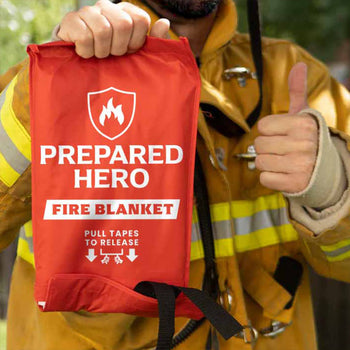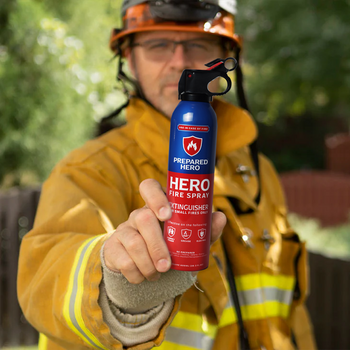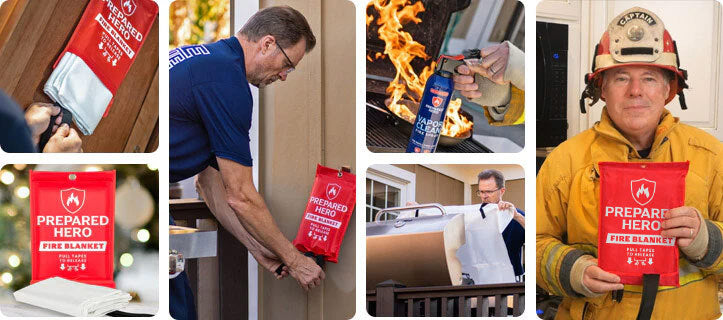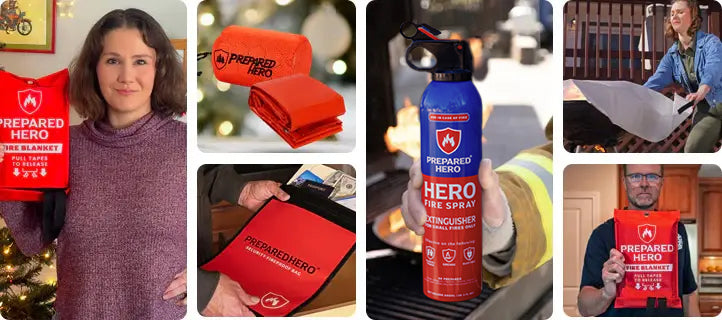Where you put your smoke detectors matters just as much as installing them. Proper placement makes sure they can detect...
Fire tragedies happen every single day. And almost every single one of them happens in a home that doesn’t have working smoke detectors. Tragedies like these could have been prevented if only there were smoke alarms to begin with, or if they were operational.
Interestingly, most homeowners are surprised to learn that there are different types of smoke detectors. Like most things, you have a choice to purchase better options. But don’t go with the cheapest one. You could be playing with fire, quite literally!
What Are the Types of Smoke Detectors?
For those not in the know, a smoke detector is an alarm device that is usually mounted on the ceilings in your home. It is often powered with a battery, and when it detects smoke, it emits a loud alarm to warn you.
Smoke alarms come in two types – ionization and photoelectric. They can both sense smoke and alert you to a fire, but they work in different ways.

- Ionization Smoke Detectors
This type of smoke detector uses a small amount of radioactive material to ionize the air in its sensing chamber. This lets currents flow between two electrodes. Should smoke enter the chamber, this disrupts the current and sets off the alarm.
- Photoelectric Smoke Detectors
With this type of smoke detector, a light sensor is used to detect the smoke. This light-sensitive cell is in the sensing chamber with a beam of light shining across. When smoke gets into this chamber, it scatters the light, triggering the alarm.
However, it’s important to understand more about fires to see why one of these is better than the other.
The Characteristics of a Fire

Fires usually have certain characteristics. They are either smoldering or open flame. Open flame fires are the kind that may start with a spark in your wastebasket of crumpled papers or with a kitchen grease fire. These fires may not give off any smoke at all, but they do put out invisible ions.
Smoldering fires on the other hand are smoky and toxic. Synthetic cloths, rugs, plastics and rubber items all create these kinds of fires. In your home, there are many things that can easily ignite while you’re sound asleep. And if you don’t have a good smoke detector in your home, you may not wake in enough time to get out of your home.
You probably don’t have a real smoke detector in your home. The kind that go off while you’re only cooking bacon aren’t proactive enough to be there for you when there’s a real fire.
Ion smoke detectors are worse at this task. As smoke inhalation is the top cause of death related to home fires, it’s important to take this seriously. Photoelectric detectors sound the alarms for smoldering fires much more quickly than ion smoke alarms.
It’s important to note that photoelectric smoke detectors are more expensive. This is why most people choose the ion ones. They don’t realize there’s a difference that goes far beyond price. That extra price you pay could save your life.
Local building codes don’t specify which type you should get either. They merely say you should have smoke detectors and check the batteries to ensure they’re working. As you can see, a working battery in an ion smoke alarm may not help if it doesn’t start screaming until it’s too late.
Which Type of Smoke Detector is Better?

If you have ionization smoke detectors in your home, it’s a good idea to replace them with the more effective photoelectric ones. You’ll have full peace of mind knowing that it will go off much more quickly in the dead of the night to warn you of a fire in your home while you are asleep.
Sure, it costs more, but is your life and your family’s life worth saving a few bucks? This is the kind of expense that is worth it in the end for a safer home for you and your family.


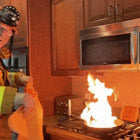 Fire
Fire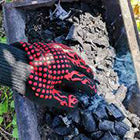 Safety
Safety Survival
Survival Protection
Protection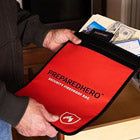 New
New
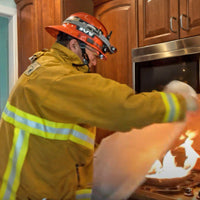 Fire
Fire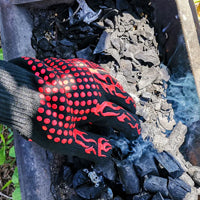 Safety
Safety Survival
Survival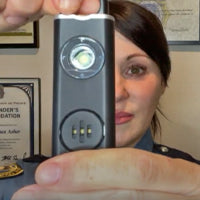 Protection
Protection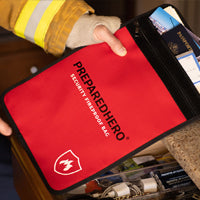 New
New
